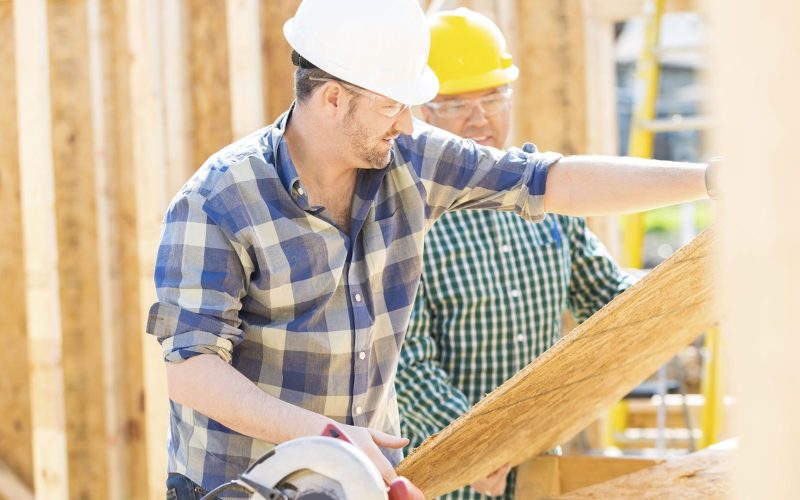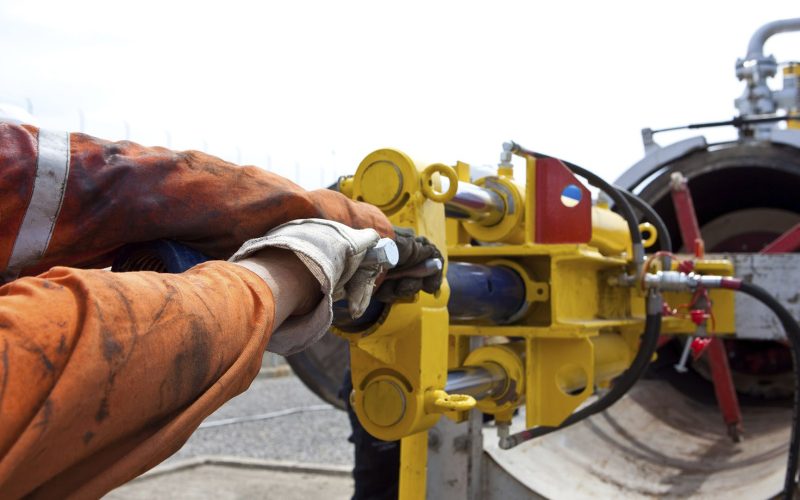THE VOICE FOR THE ENERGY CONSUMER

Oklahoma’s oil and natural gas production is on the rise, and more pipelines are necessary to continue the economic expansion. Chu agrees added takeaway capacity will continue to propel drilling.

Tim Page, Consumer Energy Alliance Southeast’s Executive Director recently discussed how offshore energy exploration can help grow South Carolina’s coastal economy and reduce the burden of high energy costs on.

CEA’s Brydon Ross participated on the Energy Panel at the Kentucky Chamber Legislative Preview Conference to discuss pro-consumer policies that may be considered in the upcoming legislative session that will.

Parents love to see their kids playing with toys, but what brings, even more, joy is seeing them play and learn at the same time! As more schools promote a.

HOUSTON, TX – December 19, 2017 — Consumer Energy Alliance (CEA) announced today that advancements in new technology and innovation through techniques and materials will directly have an impact on.

We know that pipelines pave the way for family-sustaining jobs as a result of construction and manufacturers because of the affordable, reliable supplies of fuel pipelines bring. Writing in the.

David Holt joined Barry Armstrong to discuss how families hitting the road for the holiday season are continuing to see extended savings from American energy production year-over-year. Listen to the.

FLORENCE, SC – December 18, 2017 – Consumer Energy Alliance (CEA) hosted Federal and state officials as well as business community leaders at the 2017 Atlantic Energy Forum – South.

CEA-Midwest Executive Director Chris Ventura discussed how the shale revolution in Ohio has driven down costs for families and small businesses who rely on natural gas to power and heat.

CEA’s James Voyles talks about the need for modernizing pipelines and our energy grid with the News Tribune. New materials have strengthened pipelines to operate more efficiently and with longer.